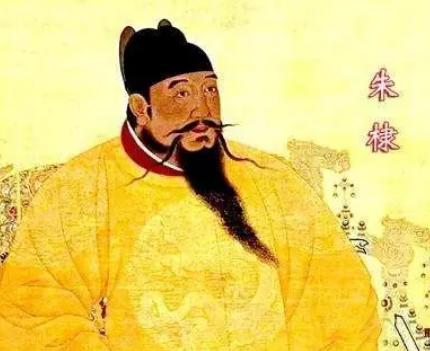In the long feudal history of China, the rise and fall of many dynasties share common characteristics such as civil strife, foreign invasion, and economic collapse. However, the demise of the Sui Dynasty displays some unique aspects in certain respects. This article will explore the reasons for the collapse of the Sui Dynasty and compare it with other dynasties to reveal the uniqueness of its downfall.

1. Unique Reasons for the Collapse of the Sui Dynasty
Although the collapse of the Sui Dynasty was also influenced by common factors such as political corruption and popular dissatisfaction, its unique reasons for collapse were mainly reflected in the following aspects. Firstly, there were issues with the personal conduct of Emperor Yang Guang of the Sui Dynasty. His extravagance and waste, as well as his three failed wars against Gaogouli, severely depleted the national strength. Secondly, centralization of power was too intense, ignoring the interests of local forces, leading to local resistance. Finally, consecutive natural disasters in the late Sui Dynasty exacerbated social contradictions and weakened government control.
2. Comparison with the Collapse of Other Dynasties
Compared to the Sui Dynasty, the collapse of other dynasties often shared common ground. For example, the Huangjin Rebellion in the late Eastern Han Dynasty was caused by the autocratic power of eunuchs and the separatist tendencies of local powerful figures; while the collapse of the Ming Dynasty was due to the dual blows of foreign invasion and peasant rebellions. The collapse of these dynasties was often accompanied by long-term civil strife and power struggles, whereas the Sui Dynasty collapsed rapidly shortly after its unification, largely due to the emperor's personal decision-making mistakes and improper policies.
3. Conclusion
The collapse of the Sui Dynasty is unique in Chinese history. Although internal conflicts and external pressures were factors leading to its collapse, as with other dynasties, the collapse of the Sui Dynasty was more due to the emperor's personal mistakes and policy issues. This type of collapse from the top down is not commonly seen in ancient Chinese history. The collapse of the Sui Dynasty provided a historical lesson for the subsequent Tang Dynasty and also offers valuable insights for us today to understand the complexity of historical development.
Disclaimer: The above content is sourced from the internet and the copyright belongs to the original author. If there is any infringement of your original copyright, please inform us and we will delete the relevant content as soon as possible.
































